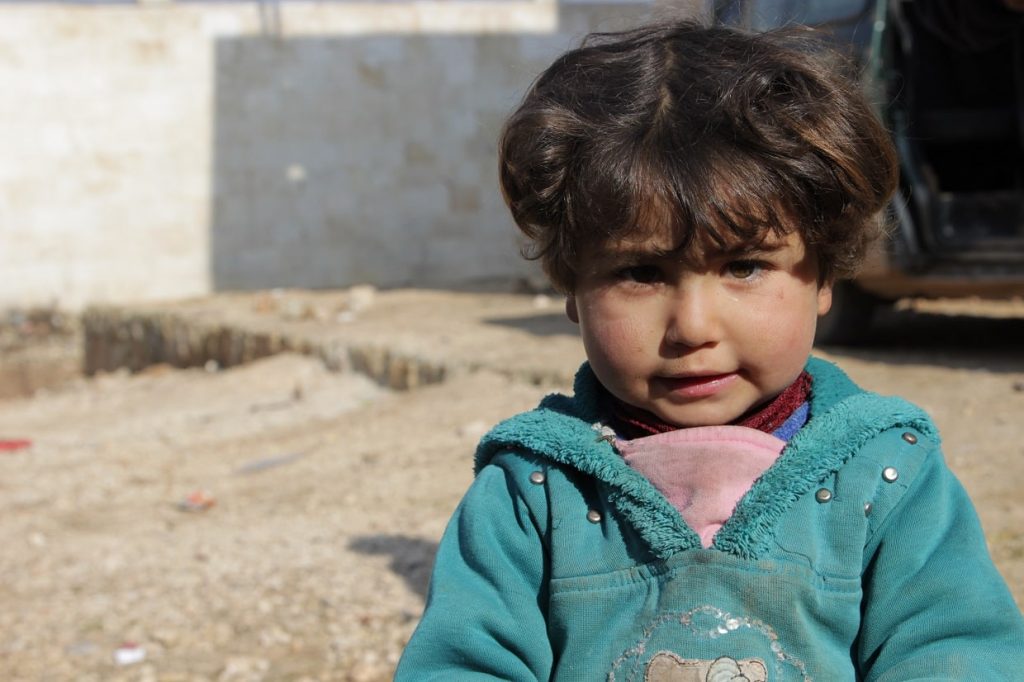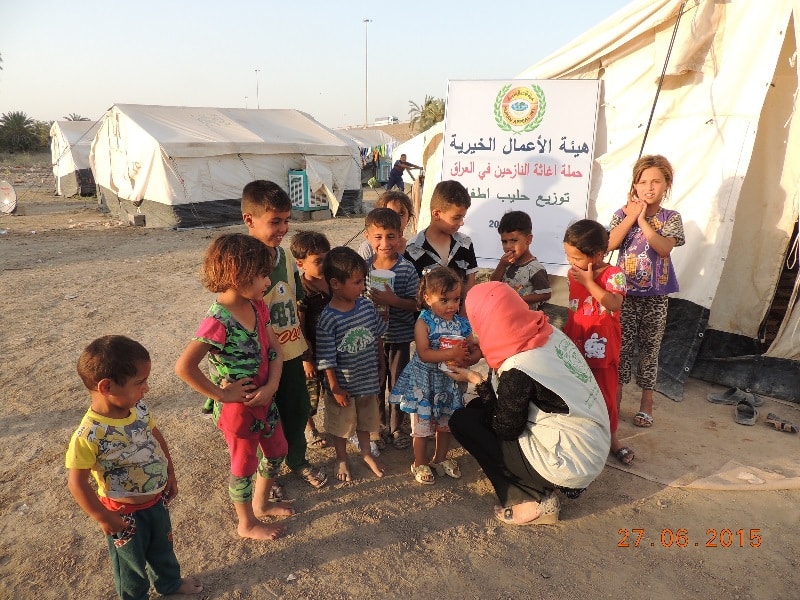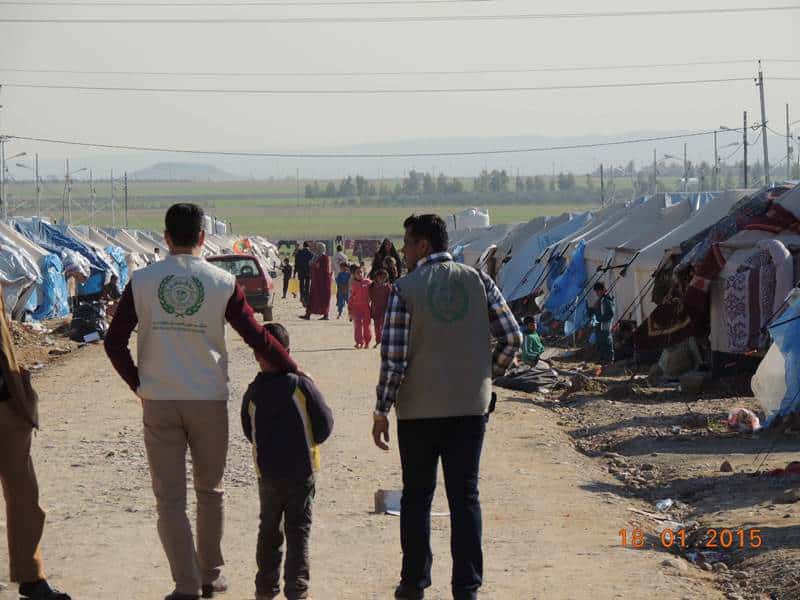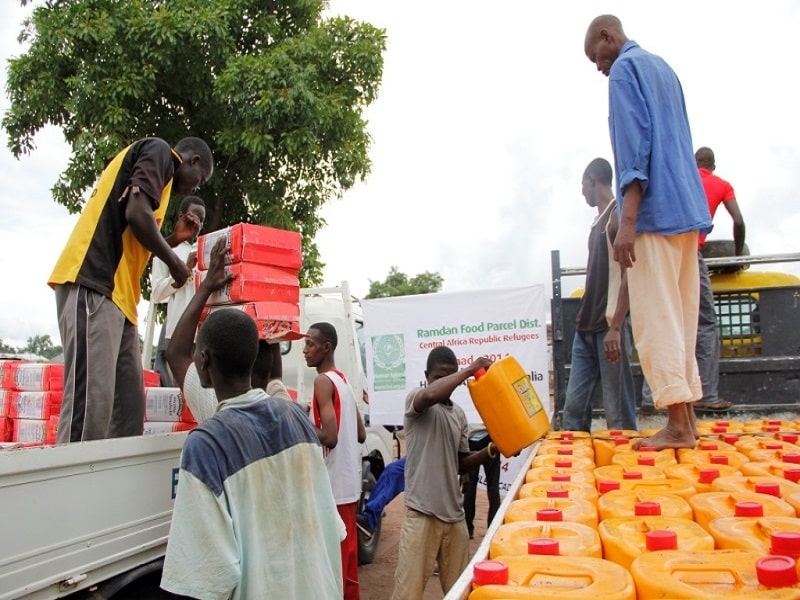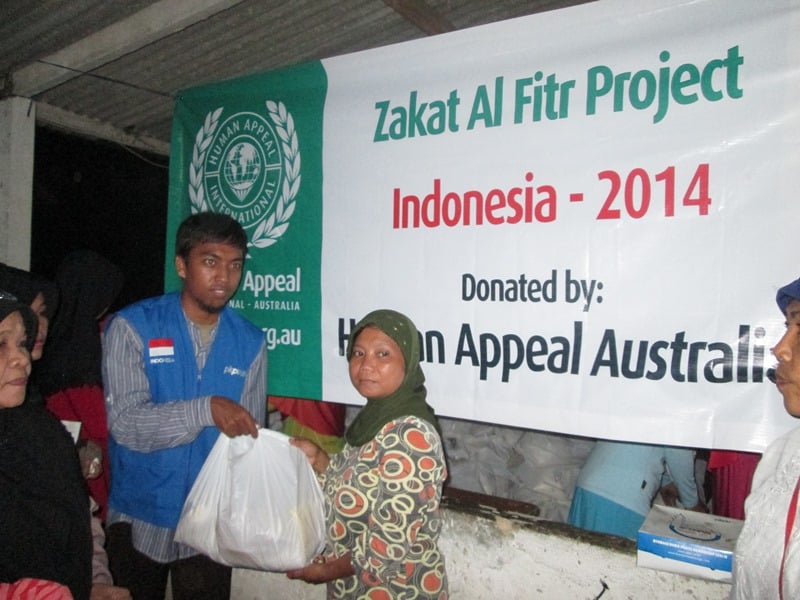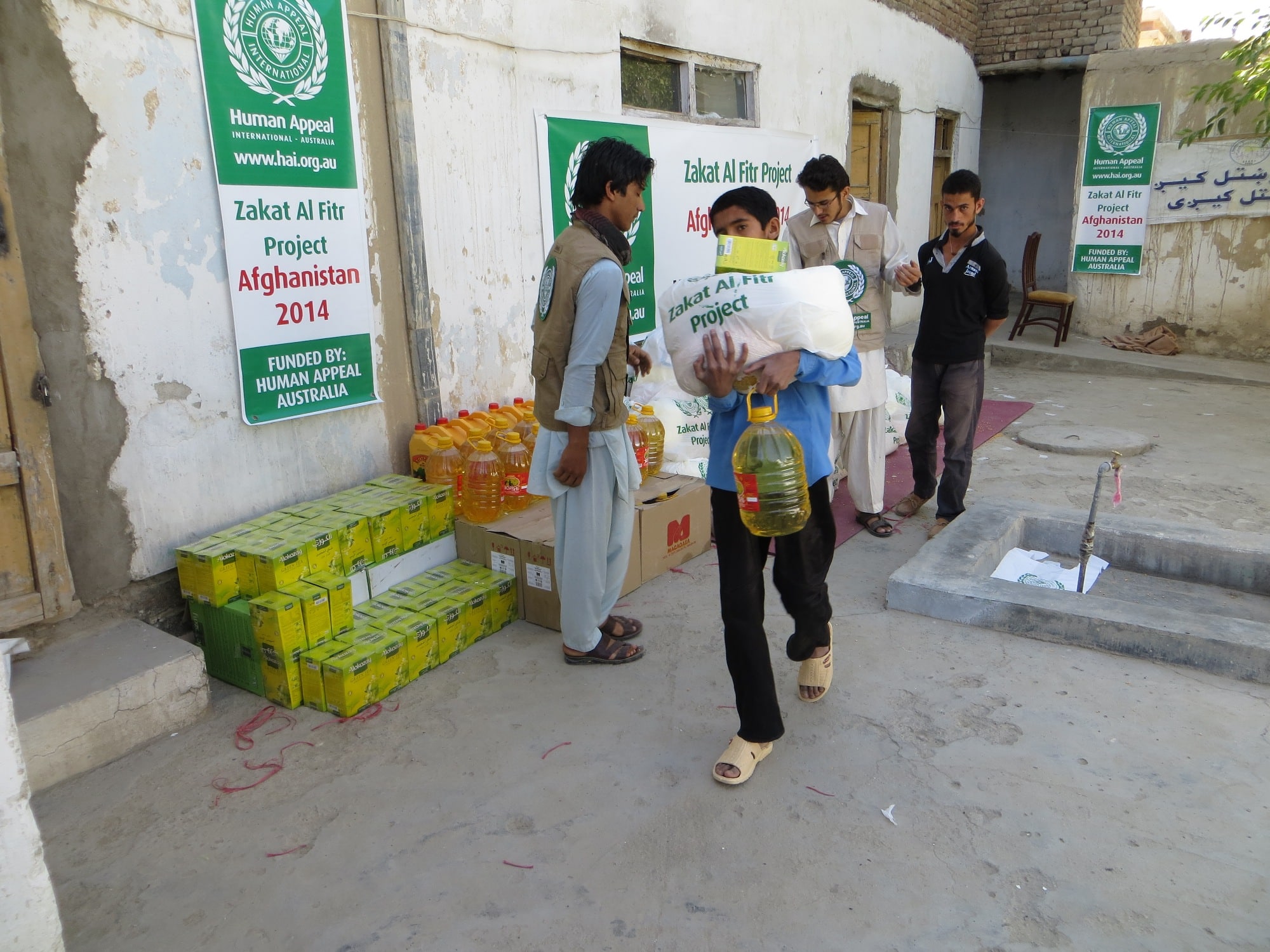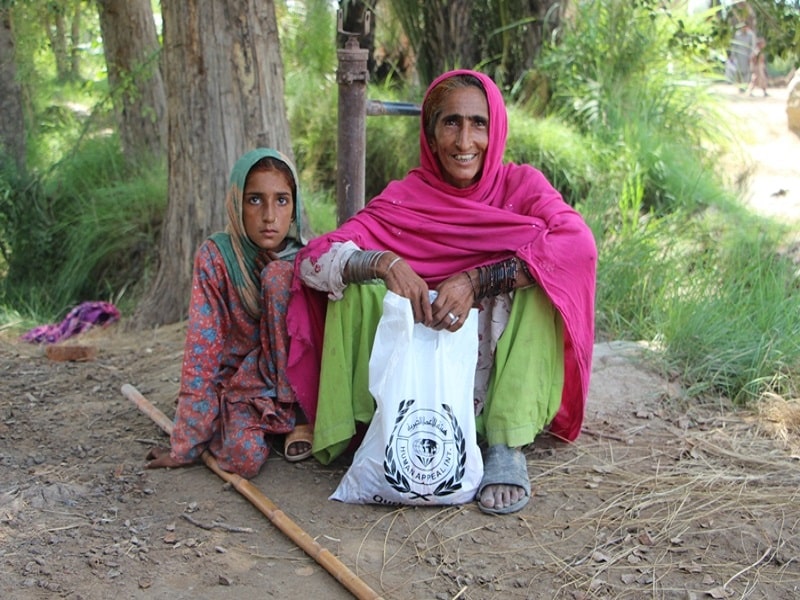WHAT IS ZAKAT Al Maal?
Zakat is a spiritual obligation for Muslims to be carried out once a year. It is an act of donating a certain amount of your wealth (2.5%) to the poor and needy. The distribution of Zakat has many benefits for the individual and society at large.
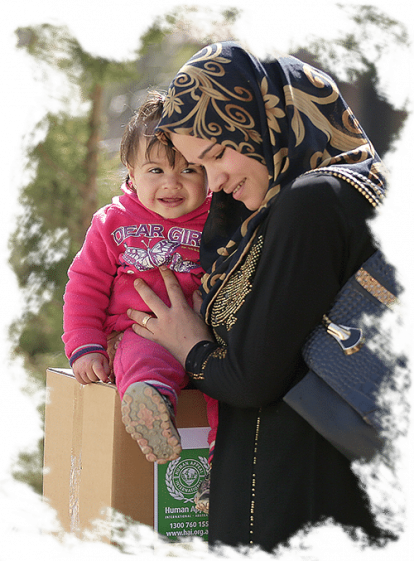
Benefit 1: Reward
Gaining the pleasure of Allah (SWT) since He prescribed Zakat as the 3rd pillar in Islam. This also results in blessings during this life and the next.
Benefit 2: Purification
Purifying the soul from selfishness and cleansing the heart from the love of the material possessions. Giving from the wealth that has been given to you by Allah is in itself a form of purification.
Benefit 3: Protection
Protecting the society from crime as those who are in desperate need, could easily be helped by the wealthy through their obligatory Zakat payments.
Benefit 4: Unity
Uniting the society where the poor feel the brotherhood, being made to feel remembered at a time of need. Cultivating a mindset to help others for generations to come.
Benefit 5: Development
Rather than wealth being idle, Zakat circulates the finances through the global economy that later results in positive outcomes benefiting society.
AM I REQUIRED TO PAY ZAKAT?
It is an obligation on every able Muslim whom has reached puberty, is of sound mind, and has about the minimum required amount of wealth (Nisab). That basically means giving a calculated amount (usually 2.5%) to the poor and needy.
WHO IS ENTITLED TO ZAKAT?
A hadith of the Prophet Muhammad, narrated by Ziyad ibn al-harith narrates that there are a total of 8 categories entitled to zakat, including:
- The poor
- The destitute.
- Those who collect zakat
- Those who are to be reconciled (this refers to those people whose reconciliation of hearts is intended if they are given a portion of zakat wealth in order to reconcile their hearts)
- The emancipation of slaves.
- For those in debt
- For those in the way of Allah.
- For travelers.
Those who are traveling and unable to return home, Muslims in bondage or slavery, and administrators of Zakat are also deemed worthy recipients of Zakat.

